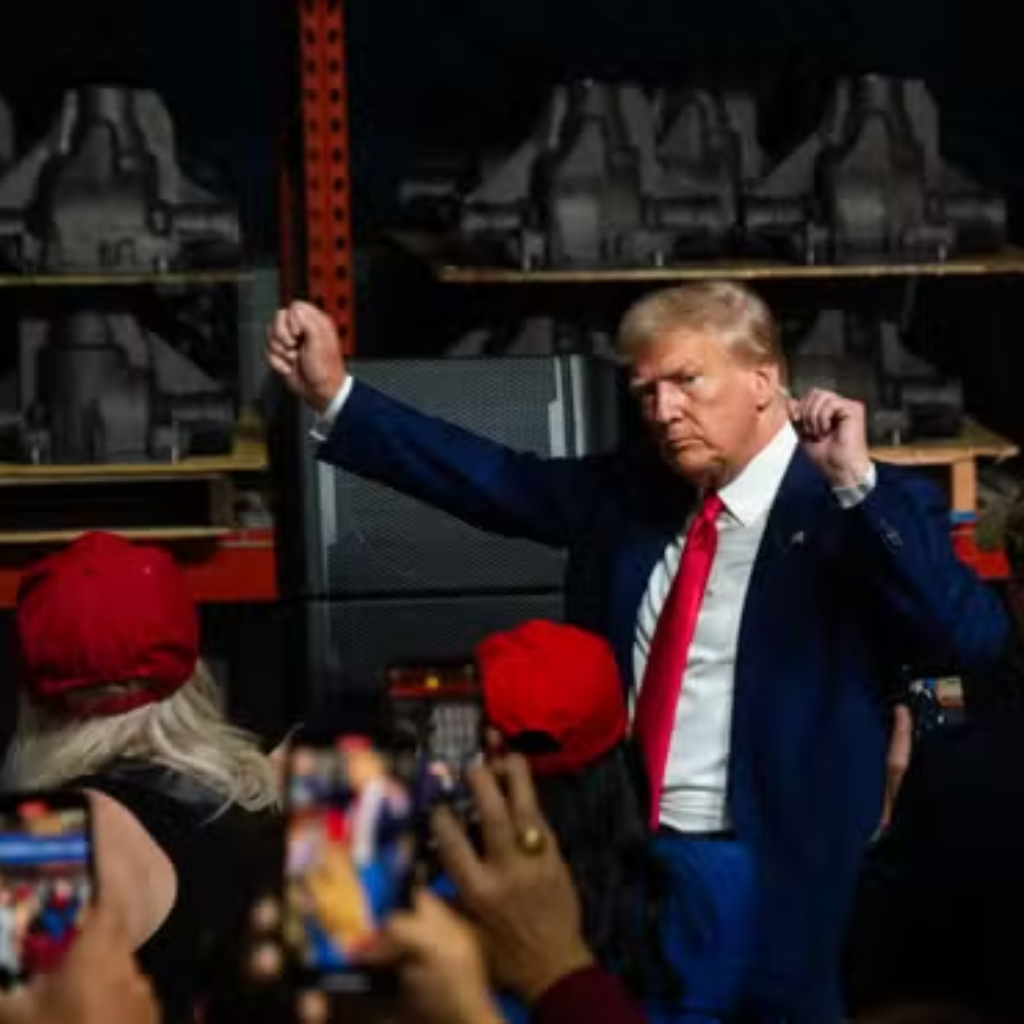What Is an Employer of Record (EOR)?
Imagine you run a business and want to hire a talented professional from another country. You don’t know the local labor laws, tax requirements, or compliance rules, and setting up an office there seems too complex. That’s where an Employer of Record (EOR) steps in. An EOR is like a bridge between businesses and global talent. It takes on all the legal responsibilities of employing someone—including payroll, taxes, and benefits—so you can focus on your business goals.
For example, say a U.S.-based tech startup wants to hire a software developer in Brazil. Instead of navigating Brazil’s complex labor laws, the company partners with an EOR. The EOR employs the developer, handles all legalities, and the developer works exclusively for the U.S. company. It’s a win-win for everyone involved.
How Do EORs Help Businesses Focus on Core Operations?
Businesses thrive when they can focus on their strengths. EORs make that possible by managing time-consuming HR tasks like drafting employment contracts, ensuring labor law compliance, and processing payroll.
Think about a growing startup aiming to expand internationally. Instead of spending resources understanding foreign employment regulations, the startup can rely on an EOR to handle these complexities. This way, the company can focus on innovating and capturing new markets. It’s particularly useful for high-skill online jobs, where hiring the right talent quickly can give a competitive edge.
Are EORs Limited to Domestic Hiring?
Not at all. EORs operate both domestically and internationally, making them versatile for businesses of all sizes. Whether you need to hire locally or in a completely different country, an EOR can step in to simplify the process.
For example, a U.S. marketing agency looking to tap into creative talent in Europe can use an EOR based there. The EOR ensures compliance with European labor laws, manages employee benefits, and eliminates the need for the agency to establish a local entity.
Why Are EORs Important for Higher-End Online Jobs?
In today’s remote-first world, businesses are competing to hire top-tier professionals across borders. But international hiring is no cakewalk. Legal complexities, compliance issues, and payroll logistics can make the process daunting. EORs remove these hurdles.
Take a company hiring a senior data scientist from India. By partnering with an EOR in India, the company ensures that the scientist gets a compliant contract, local benefits, and timely payments. This seamless experience makes it easier for businesses to attract and retain top talent.
What Is Behind the Growth of the EOR Industry and the Outsourcing of Online Jobs Overseas?
The EOR industry is booming, driven by key trends like globalization, remote work, and cost-efficiency. Let’s break it down:
Global Workforce Expansion
Businesses are entering new markets without setting up physical offices. EORs make this possible by enabling companies to hire talent across borders without navigating local bureaucracy.
Trends in Remote Work
Remote and hybrid work models have gone mainstream. Managing a distributed workforce is challenging, but EORs simplify compliance and payroll for teams spread across multiple locations.

Cost-Effectiveness
EORs save money by eliminating the need for local offices and reducing compliance-related expenses. This is a game-changer for startups and small businesses that want to scale globally without breaking the bank.
Compliance and Risk Management
Every country has unique tax laws and labor regulations. EORs help businesses navigate these complexities, reducing the risk of legal issues.
Talent Acquisition and Flexibility
With EORs, businesses can access a global talent pool without being restricted by regional employment laws. This flexibility is crucial in competitive markets.
Outsourcing HR Functions
Many businesses hand over HR tasks like payroll, benefits administration, and employee contracts to EORs. This frees them up to focus on strategic goals.
Economic Uncertainty
During tough economic times, companies often seek flexible staffing solutions. EORs provide this flexibility by enabling short-term contracts and scalable workforce options.
Technological Developments
Digital tools and automation have made EOR services more efficient and appealing to businesses.
Startups and SME Growth
Startups and small businesses use EORs to expand internationally without the hassle of setting up local entities. This levels the playing field with larger competitors.
How Do EORs Help Protect Jobs?
By streamlining compliance and HR processes, EORs promote fair labor practices. Workers are hired legally, receive proper benefits, and are protected under local laws. This ensures a competitive and ethical job market.
For high-end online jobs, EORs help businesses attract top talent by providing reliable employment arrangements. Workers are more likely to join companies that prioritize compliance and employee welfare.
What Are the Applications for EORs and the Future of the Gig Economy?
The gig economy is reshaping the way people work. EORs are stepping up to address challenges like compliance, benefits, and tax issues for gig workers. Here’s how:
Supporting the Gig Economy
EORs give structure to gig work. For instance, a global company hiring freelance graphic designers can use an EOR to manage payroll, taxes, and compliance. This formal arrangement benefits both the company and the workers.
Providing Access to Global Talent
EORs open doors to a vast pool of skilled professionals worldwide. For example, an EdTech company might hire tutors from various countries using an EOR, ensuring that each tutor operates within a compliant framework.
Shaping the Future of Work
As remote work and gig work blur traditional employment lines, EORs offer a flexible yet compliant solution. They’re paving the way for a more inclusive and adaptable global workforce.
Encouraging Policy Evolution
Governments need to adapt labor policies to accommodate the gig economy. EORs provide a framework that ensures workers are treated fairly while enabling businesses to remain competitive.
Why Should Trump Pay Attention to the EOR Market?
If Trump’s goal is to “protect American jobs,” he should recognize how EORs shape modern employment. EORs help businesses hire legally and fairly, both domestically and globally. Encouraging their use can ensure that U.S. companies stay competitive while adhering to ethical labor practices.
Additionally, EORs allow American companies to access global talent without offshoring entire operations. This supports domestic innovation and growth in industries like technology and data science. By understanding the role of EORs, policymakers can strike a balance between protecting jobs and embracing global competitiveness.





